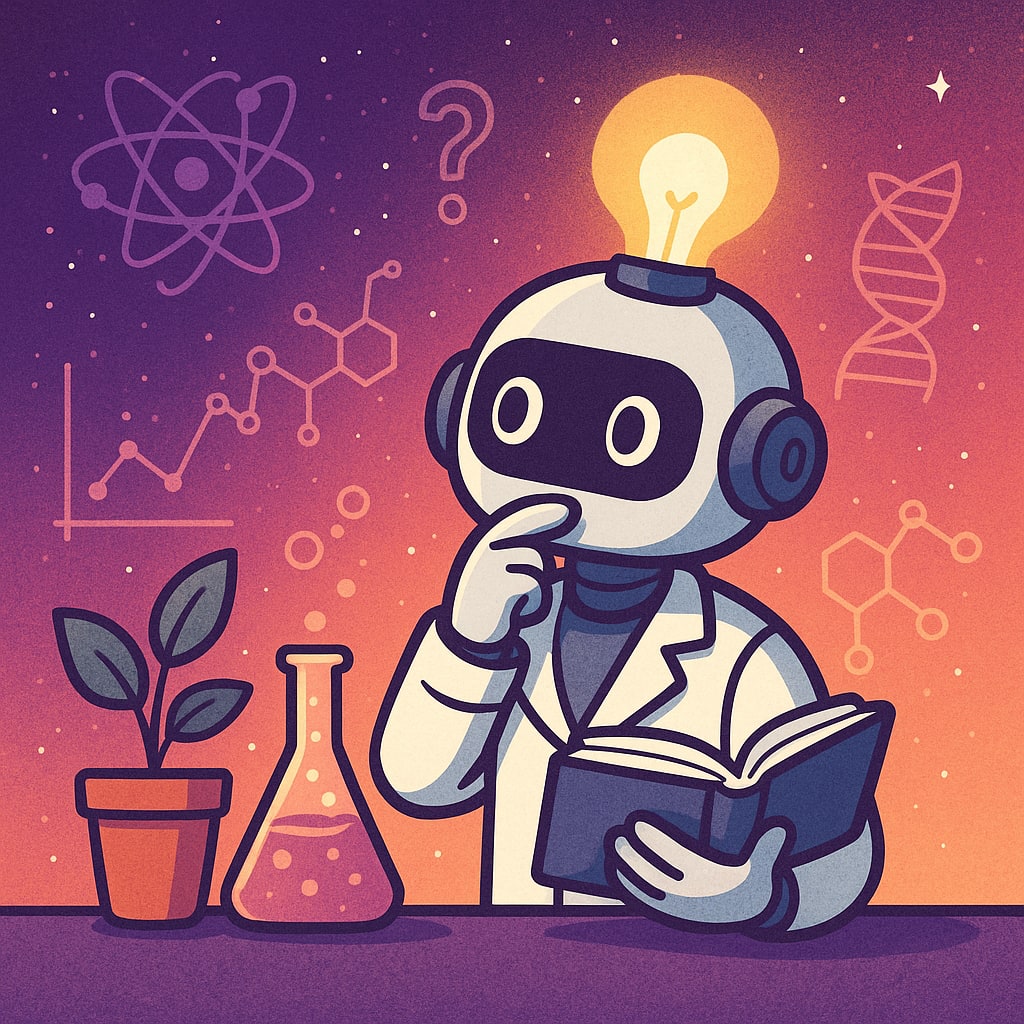The Sequence Opinion #734: Scaling Curiosity: Toward Universal Models for Scientific Discovery | By The Digital Insider
One of the most interesting trends in AI.
Two weeks ago, a bold new venture called Periodic Labs emerged from stealth with an audacious goal: to build a universal AI scientist. At its launch event, the founders described an artificial intelligence that could do far more than analyze data – it would conjecture theories, design and run experiments in automated labs, and continuously learn from the results. It sounded like science fiction – a tireless lab partner that could help discover drugs, new materials, even new physics. After AI systems beating humans at games and writing code, here was the next frontier: applying AI to the very process of scientific discovery.
Periodic Labs is not alone. A new wave of initiatives (from well-funded startups to academic consortia) is racing to create foundation models for science – AI systems that can reason across biology, chemistry, physics, and more. The premise is straightforward but profound: a sufficiently advanced AI, fed all of human scientific knowledge and equipped with the ability to experiment, could dramatically accelerate innovation. Such an AI might read every paper ever written, formulate hypotheses no human would think of, and test those hypotheses in minutes using robotic labs. The prospect is visionary: imagine curing diseases or designing clean energy materials in a fraction of today’s time by leveraging an AI’s vast memory and analytic power.
However, turning this vision into reality is a towering challenge. Scientific research is complex and nuanced – more open-ended than a board game and less predictable than writing code. Much of science’s knowledge isn’t in one place: data can be sparse or behind paywalls, and critical insights often hide in obscure journals or unshared experiments. Moreover, science is a human endeavor with cautious peer review and specialized silos, which doesn’t always mesh with the tech world’s “move fast” approach.
The Vision of a Universal AI Scientist
Published on The Digital Insider at https://is.gd/CVGTs7.

Comments
Post a Comment
Comments are moderated.